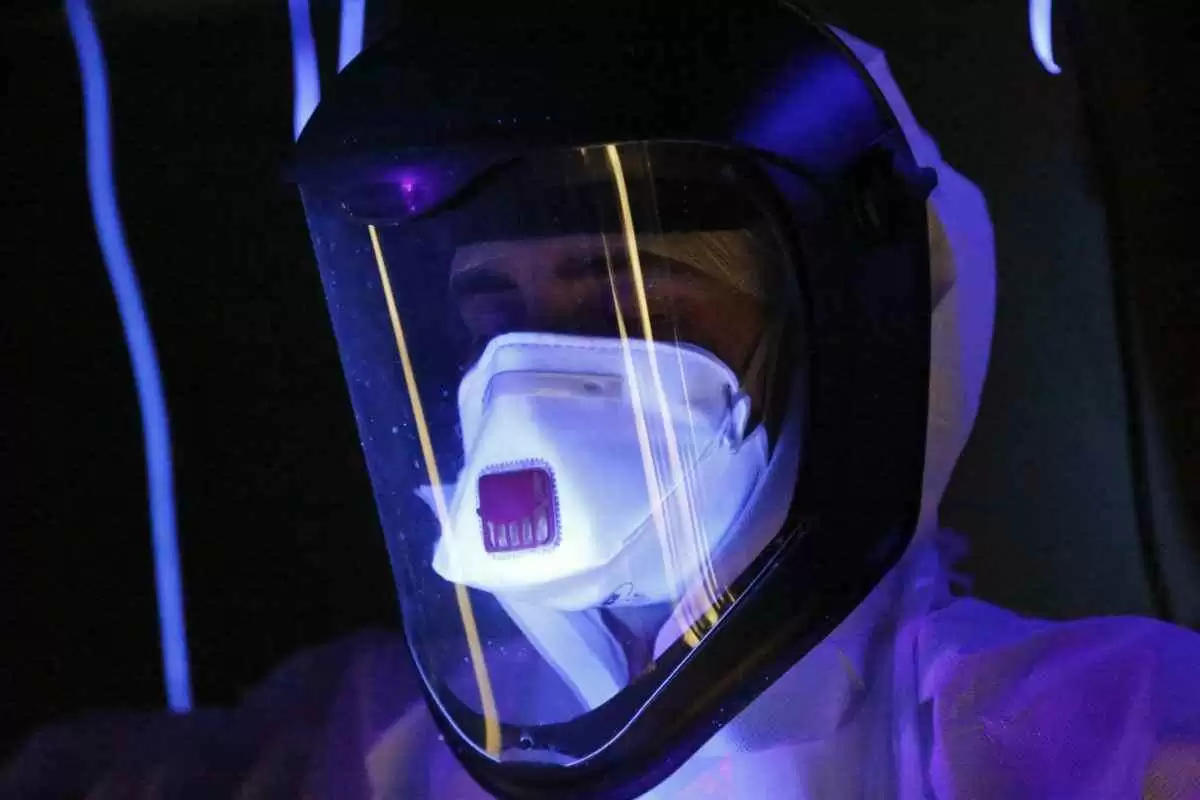
Celiac.com 04/18/2022 - Several observational studies have indicated that celiac disease patients do not have higher susceptibility of COVID-19 and the risk of severe COVID-19.
However, the the conclusions of such studies can be distorted by reverse causation and confounding, especially for newly-emerged diseases, such as COVID-19.
Celiac.com Sponsor (A12):
A team of researchers recently set out to further clarify the picture using both observational and Mendelian Randomization analysis.
The research team included Jiuling Li, Aowen Tian, Dandan Yang, Miaoran Zhang, Lanlan Chen, Jianping Wen, and Peng Chen.
For their observational study, the team used data from the UK Biobank cohort. They conducted both univariate and multivariate logistic regression analysis to identify the risk factors for both COVID-19 susceptibility and severe COVID-19.
They also conducted a two-sample Mendelian Randomization analysis to delineate causality between celiac disease and COVID-19 susceptibility and severe COVID-19.
The good news is that the team's UK Biobank data revealed that celiac disease patients had a slightly lower overall susceptibility to COVID-19, and that celiac patients did not have higher rates of severe COVID-19.
Meanwhile, the Mendelian Randomization study showed that celiac patients had lower susceptibility to both COVID-19 and fewer cases of severe COVID-19, although the lower COVID-19 susceptibility is seen in only in the UK Biobank cohort.
These results indicate that people with celiac disease do not face higher risk of getting COVID-19, or of developing severe COVID, than the non-celiac population, and they likely do not need to take any extra COVID-19 precautions.
Read more in Clin Transl Gastroenterology
The researchers in this study are variously affiliated with the Department of Pathology, College of Basic Medical Sciences, Jilin University in Changchun, Jilin, China; the Experimental Center of Pathogenobiology, Immunology, Cytobiology and Genetics, College of Basic Medical Sciences, Jilin University in Changchun, Jilin, China; the Clinical Medicine of Jilin University in Changchun, Jilin, China; and the Department of Genetics, College of Basic Medical Sciences, Jilin University in Changchun, Jilin, China.










Recommended Comments
There are no comments to display.
Create an account or sign in to comment
You need to be a member in order to leave a comment
Create an account
Sign up for a new account in our community. It's easy!
Register a new accountSign in
Already have an account? Sign in here.
Sign In Now